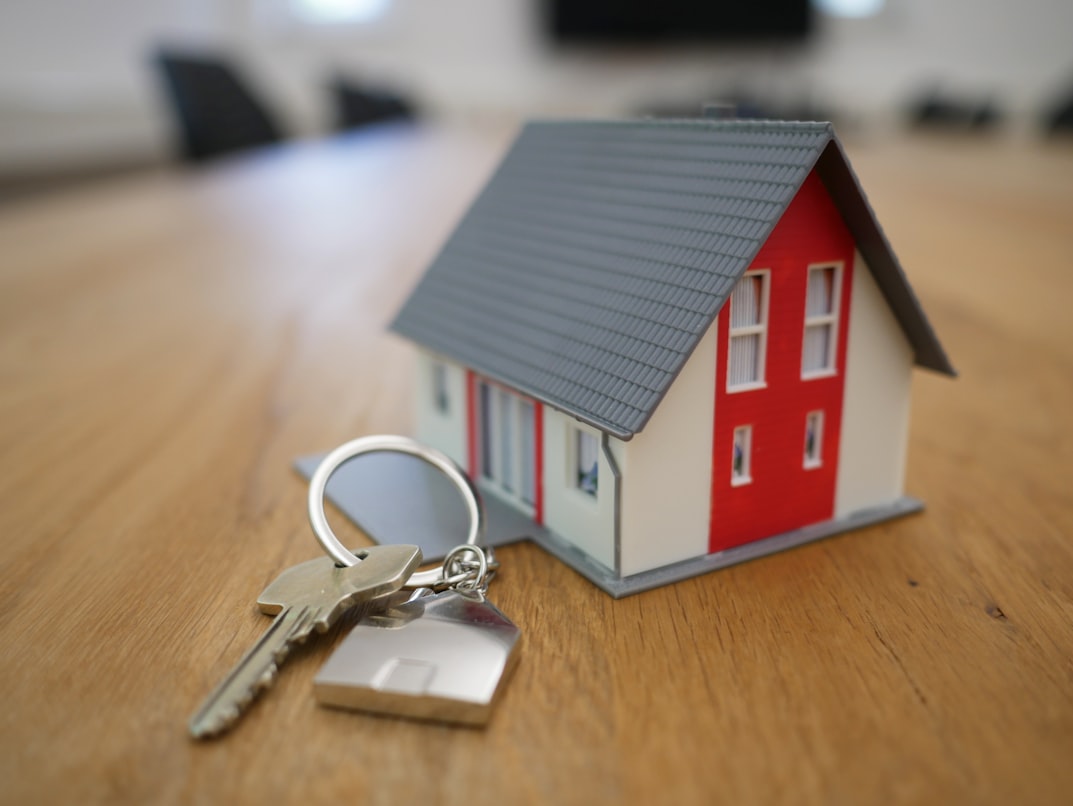Top 5 Mistakes to Avoid When Selling Your House
Predicting issues before they arise is half the fight of selling a house. When you take into account all of the stages involved, including preparing and marketing your house, maintenance, finding a buyer, negotiating the closing process, and eventually moving into your new location, selling a home may be a complicated process.
Making a mistake may have an adverse effect on your finances and, more significantly, your mental health. With that in mind, you should steer clear of the following typical errors while selling a house:

Hiring An Inexperienced Real Estate Agent
It may seem decent to assist a friend or a family member by allowing them to sell your home. However, it’s a mistake to entrust your most valuable possession to a beginner. You require an experienced specialist who is an expert in your neighborhood market. With that in mind, you should find a real estate agent who, at least, sells more houses than 90% of the other agents in their market, or at least 35 properties annually.
Pricing Your House Incorrectly
If the price of your house is a bit too much, it can get stuck on the market for what seems like forever. On the contrary, if you price your property too cheap, it will probably sell fast but you run the danger of losing out on a substantial sum of money.
With that in mind, it’s advised to use an online calculator as your first step to determine the value of your house. After that, consult with your real estate agent to determine an appropriate asking price for your house. They will examine recently sold similar houses in your community and offer sharp insights on the state of the property market.
Expecting The Asking Price
Any clever buyer will negotiate, so if you want to close the deal, you might have to compromise. Contrary to the underpricing method, most individuals want to sell their houses at a price that will lure buyers while still allowing some wiggle room for negotiations. This may succeed, giving the customer a sense of worth while enabling you to receive the appropriate sum of money from the transaction.
Naturally, whether you receive more or less than your asking price, it will probably rely not just on your pricing strategy. Moreover, it also depends on whether you’re in a seller’s market or a buyer’s market, as well as how well you’ve staged and updated your house.
Not Decluttering Your House
While you’re still residing in your home, it might be difficult to get rid of items you don’t need, but in order to make each room and area appear its best, you’ll need to declutter in a variety of ways. Get rid of things you don’t need anymore, but also take out enormous sofas and other huge furniture that dominates the space, organize closets so they don’t seem cramped, and hide personal decorations.
Give the eyes a minute to rest, just because you see a vacant area doesn’t mean you have to put anything there.
Missing The Chance to Depersonalize Your Home
Customers must be able to visualize living in your house. They won’t be able to establish a personal connection with you or the house if they walk in and see your family photographs on the fridge or a ton of mail on the entry table.
Depersonalization is a crucial stage, but sellers sometimes skip it as they are still residing in the home and it can be awkward to remove all the personal items that give it that comfortable feeling. But selling a property involves psychology just as much as it involves appropriate price and marketing.
One of the most frequent—and harmful—mistakes made when selling a property is failing to remove items that give the impression that this is your house rather than theirs.
Final Thoughts
It’s important to learn how to sell a property. Even if you don’t repeat any of these errors, be careful to emotionally and financially prepare for less-than-ideal conditions. In a down market, the home can be on the market far longer than you anticipate.
If you are unable to find a buyer in time, you can find yourself attempting to pay off two mortgages, forced to rent out your property until you do, or, in the worst-case scenario, facing foreclosure.
You’ll go a long way toward putting your best foot forward and accomplishing the easy, profitable sale that every home seller dreams of if you avoid the expensive mistakes outlined above.
